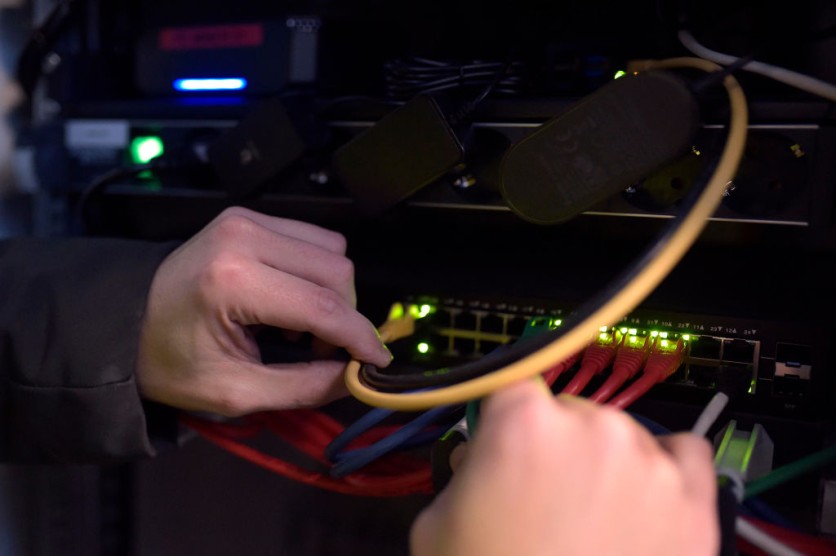The UK is planning to make changes to existing law to allow text and data mining to boost Artificial Intelligence (AI) development across the country.

The announcement is part of a bigger strategy of what is called a "global AI superpower." This involves reassessing existing Intellectual Property (IP) laws.
After a two-month consultation period, the UK's Intellectual Property Office (IPO) published its response and confirmed what will be changing.
One of the UK government plans is to adopt a Text and Data Mining (TDM) exception that will cover any purpose, even beyond research and academia, without the need for rights holders to opt out. This will also include provisions for database rights.
This can be a significant component of its plans as it levels up, especially since AI training data is a huge challenge for all but the biggest companies.
This will also attract more companies to the UK as they have more freedom to conduct TDM. Moreover, this is important in the UK, which is now in direct competition with the EU after its exit from the bloc in 2020.
Also Read: UK Reveals 10-Year Plan to Boost AI in the Country, Wants to Beat China and US
The Effect of Brexit
The new copyright and database rights exception moves the balance of power towards businesses and commercial entities. Under the new rules, the data-miner will still need to obtain the data through lawful means, which means that it has to be publicly available first.
Therefore, rights holders who may have been charged for TDM as part of a data-licensing model can withhold their data altogether. In turn, this can have a negative impact on AI development in the future. This is because it may enable copyright holders to place more restrictions on their content.
It's also worth noting that rights holders will have some rights under the new rules, and they can still charge for access to that data. The only difference is that they won't be able to charge for UK licenses for TDM. Furthermore, they won't be able to enforce an opt-out.
Some Things Never Change
The UK government's response also includes things that won't change. One is that Computer-Generated Works (CGWs) without a human author should continue to be protected under copyright law. In fact, the UK is one of the few countries that provide copyright protection on CGWs with a 50-year protection period in place, and that's not going to change any time soon.
Another is that AI systems will not be able to gain a patent for inventions despite movements in that direction in the past. According to the government, AI isn't advanced enough yet to "invent" without human input.
Related Article: UK Court Against AI Patents, Not Yet Capable of Being Named for Innovations, Inventions
This article is owned by TechTimes
Written by April Fowell
ⓒ 2025 TECHTIMES.com All rights reserved. Do not reproduce without permission.




